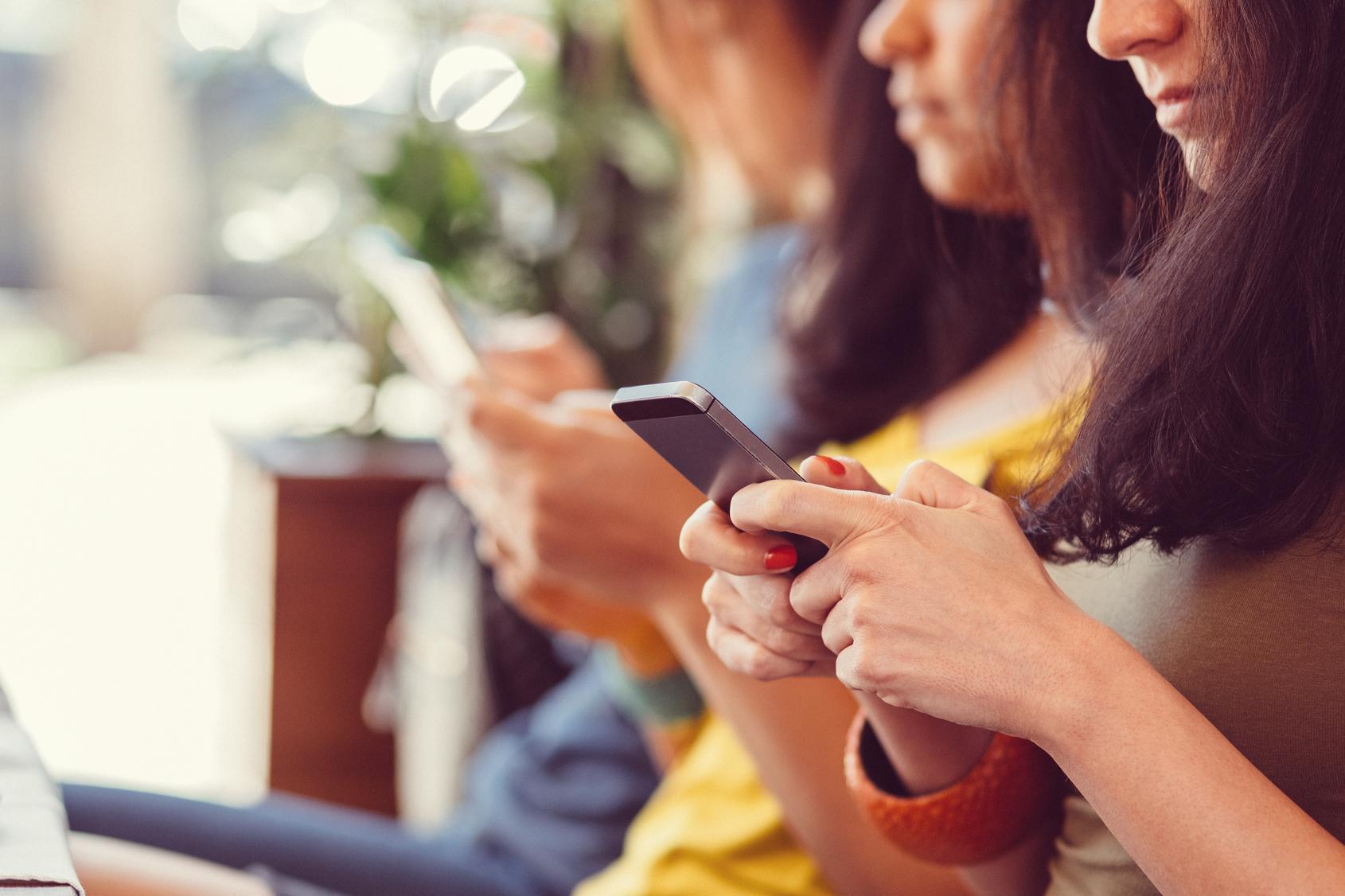The psychological reason you can't stop checking your phone
It's an endless cycle of doom, really

Whether you’re waiting for a train, a friend or the kettle to boil, the likelihood is that you’ll kill those brief moments by mindlessly scrolling or swiping across your phone screen.
And as soon as your phone pings or buzzes, do you immediately check it to see what exciting form of attention you’ve just been paid? Does it annoy you when you’re in a meeting, feel your phone vibrate in your pocket, but know you can’t check it?
It’s a compulsive urge that many of us find hard to resist.
But according to Sharon Begley, author of Can't Just Stop: An Investigation of Compulsions, there’s a psychological reason behind this.
Research from the 50s seemed to suggest that because dopamine is pleasurable, it’s pleasure to which people become addicted. But now we know better.
“What's emerged in the last few years is that the dopamine circuitry actually predicts how much you will like something and how much pleasure it will give you. Then it calculates how much reality corresponds to the prediction or falls short.
“The emerging idea seems to be that when reality falls short, we feel a dopamine plunge. That feels bad, so we keep trying to do something that will make reality live up to expectations. That, to me, fits in with compulsions because these things we're doing really aren't that pleasurable. Rather, it's the dopamine fuel, pleasure, and reward circuit that's making us feel bad.”
So what we get addicted to is not the actual rush of, say the comment you just received on your latest Instagram, but rather the anticipation of it - most of the time, actually reading that comment doesn’t live up to our expectations.
According to Begley, this means “we feel driven and compelled to keep trying, like one of these days it's going to feel great. If it never does, then you're in this essentially infinite dopamine loop.”
Gaming is one of the prime examples of how such an addiction works, and there’s an ethical debate in the industry about whether it’s right to consciously get people hooked.
“Can't a game just be enjoyable and not have this pernicious effect by drawing on how the brain works?” Begley asks.
She believes if we want to be less dependent on our phones, we need to identify the source of our anxiety. Ask yourself: “How terrible would it be if I didn't read the text right away?” “How terrible would it be if I looked at all the texts or emails in an hour, or in two hours, or at the end of the day?”
You have to build yourself up slowly by gradually spending more and more time away from your phone - start for just an hour, then maybe a dinner, then try not looking at it first thing every morning.
In an interview with Broadly, Begley also shared her view on US President Donald Trump’s compulsive tweeting, explaining that she’d spoken to a number of psychiatrists and psychologists about it.
“He cannot stand the possibility that he is not the smartest guy in the room - the greatest, most powerful, the superlative in every way.
“When he feels inferior for whatever reason - perhaps because he's comparing his inauguration crowds to the Women's March crowds - that seems to spur some anxiety in him, and it might compel his tweeting. He may alleviate his anxiety 140 characters at a time.”
Join our commenting forum
Join thought-provoking conversations, follow other Independent readers and see their replies
Comments
Bookmark popover
Removed from bookmarks